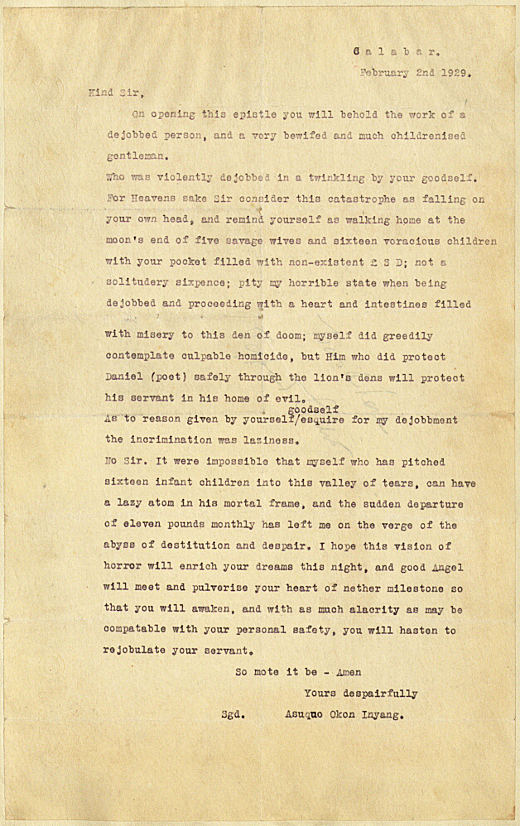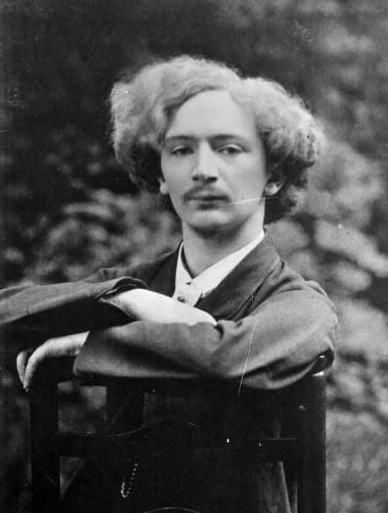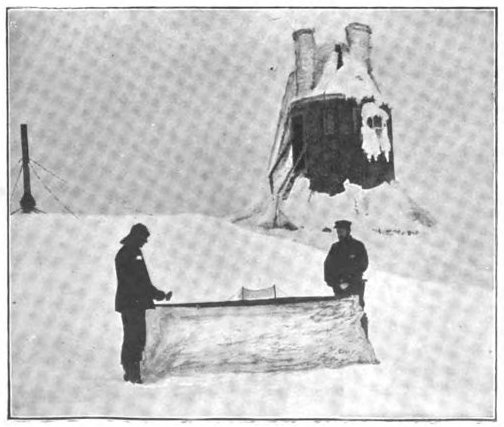Let me tell you how Hooting Yard prose comes to be written, and explain how this is due to change.
As some of you will know, because I have bashed on about it before, probably, the current practice is, and always has been, for me to enter into a state of heightened consciousness and to wrench, manfully, from the very inner core of the depths of my immortal soul, majestic sweeping paragraphs of prose. It is tough and unrewarding work, and harrowing! harrowing!, but it is both my duty and my destiny, as was writ in the stars, those glittering blobs of impossibly distant burning rock spread out against the firmament.
Such spiritual exertions take their toll, so I am pleased that in future the generation of Hooting Yard prose will no longer be so harrowing!, harrowing! Why so?, you ask. Well, thanks to Glyn Webster, Hooting Yard Research Fellow and janitor of The Pavilion of Innocent Pastimes, I have had drawn to my attention the majestic Fifteen Thousand Useful Phrases : A Practical Handbook Of Pertinent Expressions, Striking Similes, Literary. Commercial, Conversational, And Oratorical Terms, For The Embellishment Of Speech And Literature, And The Improvement Of The Vocabulary Of Those Persons Who Read, Write. And Speak English by Grenville Kleiser, originally published in 1917. Now, all I need do is pluck a selection of phrases, jam them together, chuck in the occasional proper name or contextual setting, and foof-la!, entire paragraphs of mighty prose are ready for your perusal and brain-numbing study.
You may recall that you have Mr Webster to thank for the conversion of the 2003-2006 Hooting Yard material into an indexed, fully searchable archive. In keeping with his technowhizzery, he has created a machine-readable version of Grenville Kleiser’s invaluable resource,- the Phraseological Supercollider – so one does not even have to pick one’s own crop from those fifteen thousand phrases. His very first experiment delivered this passage:
Happily for us, his face caught the full strength of the rising wind. The pith and sinew of mature manhood, the loud and urgent pageantry of the day, impalpable nothingness. I have acquired some useful experience. Delude not yourselves with the belief, awed devotion, sombre relations. I very rarely allow myself that pleasure.
Shove in a “Dobson” or a “fictional athlete Bobnit Tivol” or an “in Pointy Town”, and you’re laughing.
Further tweaks to what I think we should call the Webster-Kleiser Phraseological Supercollider will enable us to, for example, randomly recombine the adjective-noun pairs of Kleiser’s “Useful Phrases”. Again, the initial test of this module came up with extremely helpful “new” useful phrases such as “interpretative farce”, “noonday plundering” and “restricted cudgelling”.
It occurs to me that, having revealed to you the existence of Fifteen Thousand Useful Phrases, I could leave you to get on with it, creating your very own majestic sweeping paragraphs, while I retire to a dilapidated seaside resort, there to suck on an ice lolly and be buffeted by squalls. We shall see.




